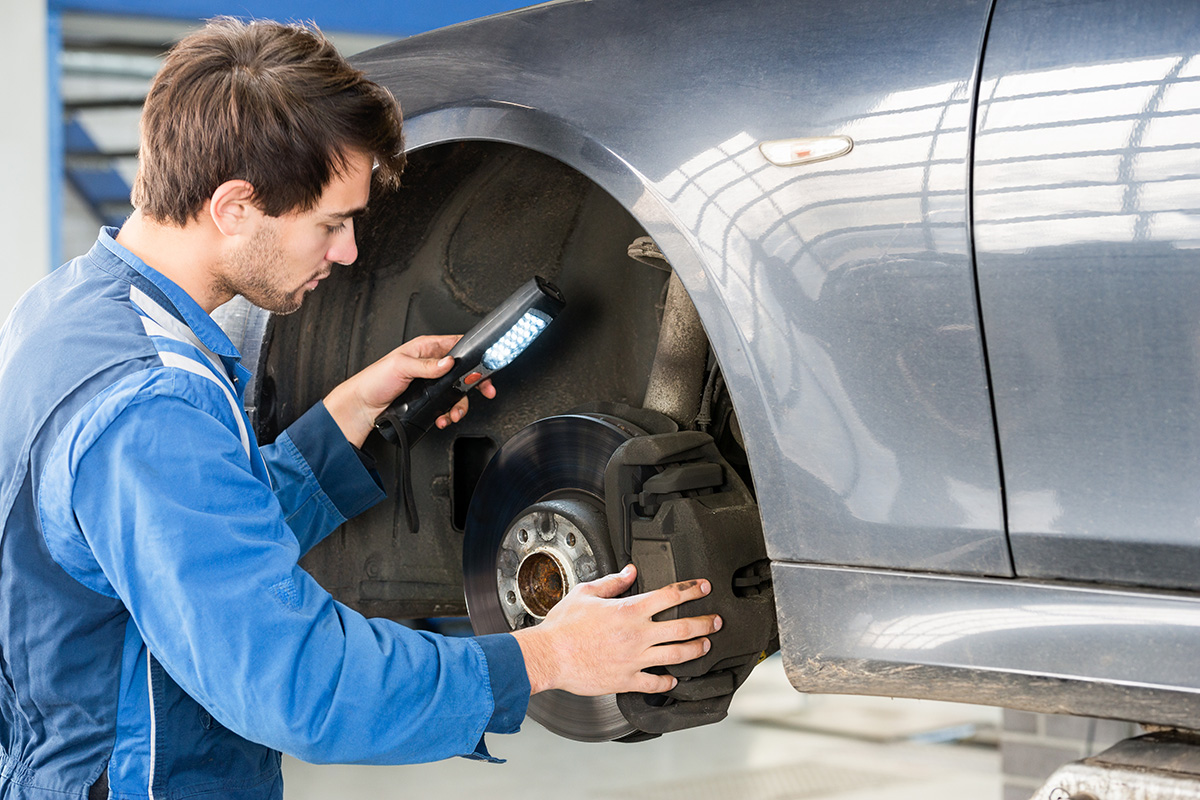August 23, 2023
It’s Brake Safety Week! Prepare for Inspections
We’ve had it marked on our calendars since June, and now it’s finally here: Brake Safety Week. If you haven’t been ensuring your brakes are in order by now, it’s time to get on it. The Commercial Vehicle Safety Alliance is conducting inspections on commercial motor vehicles from August 20-26, 2023, many of which will involve level IV inspections focusing on the brake lining and pad. Learning about why inspections happen, why taking care of brakes is essential, and what you can do to ensure you don’t have violations will help you get through this year’s Brake Safety Week.
Why is Break Safety Week Necessary?
Being a truck driver is more than just showing up to work, hopping into a truck, and zooming to your destination. Next to yourself, your vehicle is the most important to consider when hitting the road. Everything depends on the performance of your rig because you can be ready to hit the road, but if everything isn’t up to code and in tip-top shape, that trip will be more stressful than it needs to be. To have what it takes to become a truck driver means taking on the responsibility of maintaining the well-being of your truck. That doesn’t mean you need to become a car mechanic before the next ride, but a basic understanding of the crucial parts is essential. Every part of a vehicle is important, but safety procedures are required of drivers before embarking on any job that focuses on parts that, if left unchecked, threaten drivers and those around them. Part of these safety procedures should include brake checks.

Brake Safety Week is here to make sure those vehicles that can pose a threat aren’t roaming around our roadways unsafely. The CVSA’s goal is to emphasize the importance of proper brake upkeep and compile data about the results of inspections. Violators will have their commercial motor vehicles removed from roadways until the violations are corrected. On April 19, 2023, the Alliance conducted an unannounced Brake Safety Day, inspecting over 6,800 commercial motor vehicles. As a result of the surprise inspections, 773 commercial vehicles were removed from roadways due to brake-related violations, with travel being restricted until corrections are made. This time, the CVSA announced in June that Brake Safety Week would take place August 20-26, 2023, giving drivers time to correct violations and avoid the stress of potentially being out of work.
Why Having Properly Functioning Brakes is Important
Poor brakes can lead to safety issues such as not stopping as fast and reducing stopping distance for large vehicles. Reduced stopping power endangers not only the driver but those around him as well. Complete brake failure is among the most dangerous events that can occur while operating a commercial vehicle. If you ever experience brake failure, look for a runaway truck ramp designed to help you come to a stop if you’re otherwise unable to do so. Properly functioning brakes are paramount when driving in the rain and during other bad weather. Even pristine brakes can have trouble in particular weather, and drivers should check them more often when the elements become extreme.

How Truckers Can Maintain Brake Safety
The best way to ensure your commercial vehicle functions correctly and safely is to complete a safety checklist before every job. Being honest when inspecting your truck is essential because an unchecked box can mean a life lost in a wreck. The CVSA website has important information about each inspection level and what they will check. To prepare for a brake check, follow the info like a checklist to meet all aspects. A cheat sheet is also available, containing general information about the standard roadside inspection. Brake upkeep is always vital, especially this week, so follow the guidelines and ensure your brakes function properly to avoid unnecessary stress during inspections.
Follow our blog for more trucking news and highlights, and check out our employment opportunities and requirements if you are interested in a trucking job.
Other Recommended Readings from our Blog:
Should Commercial Trucks Have Speed Limiters?
Winter Driving Challenges: Ice
Driving in the Snow: How to Prepare for Road Conditions



